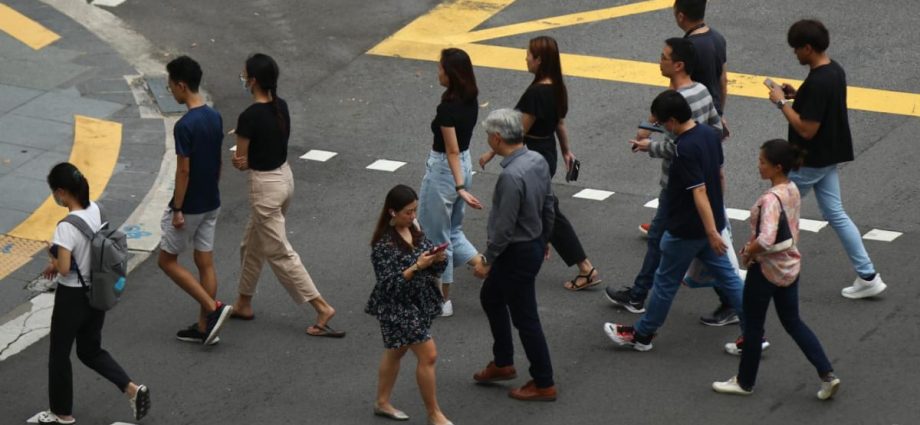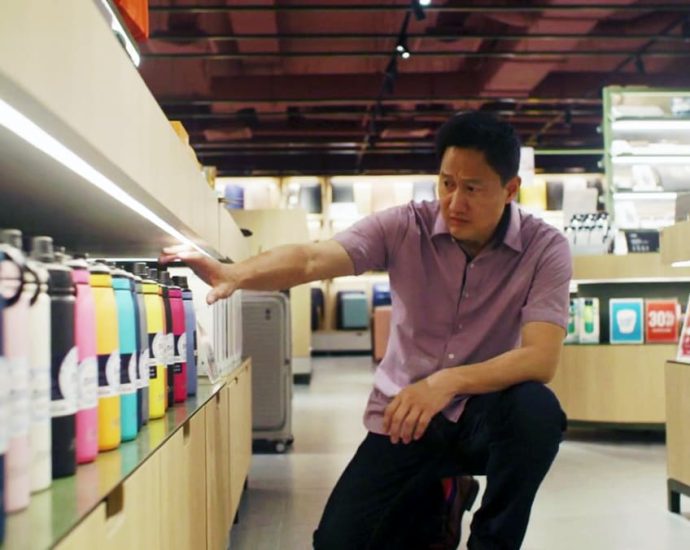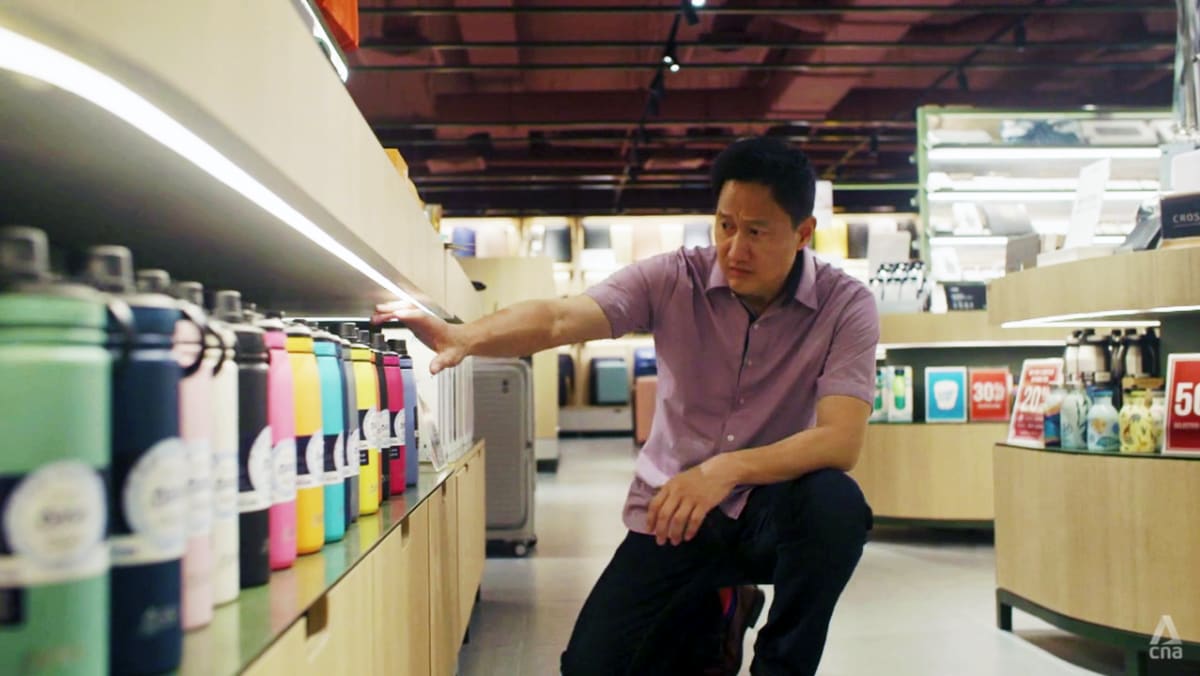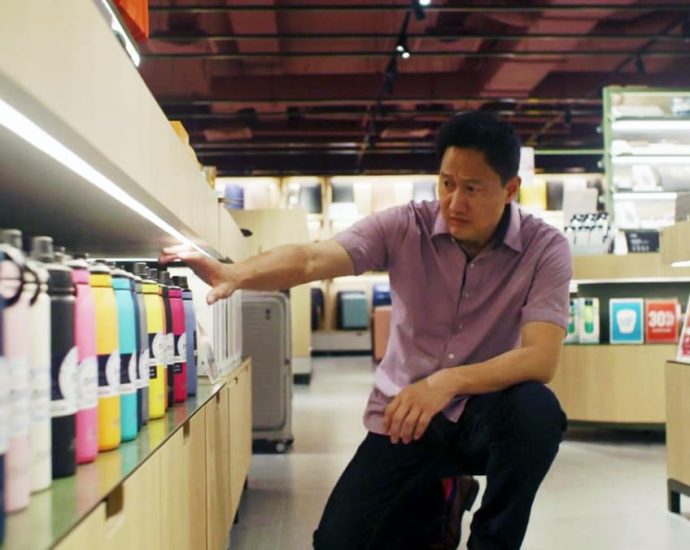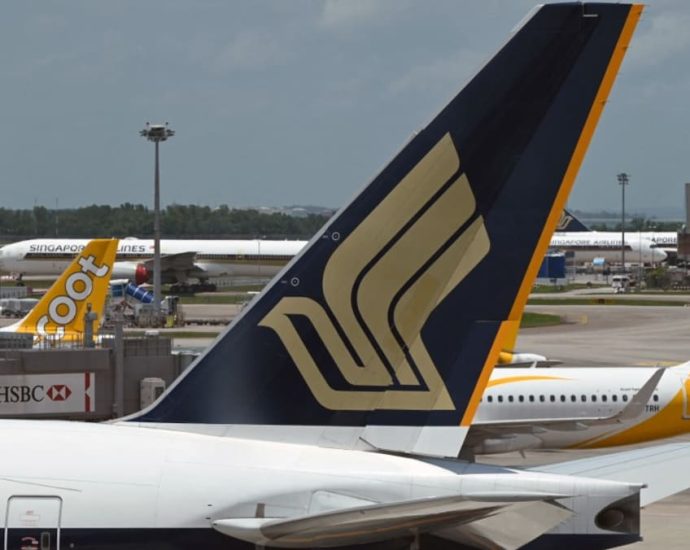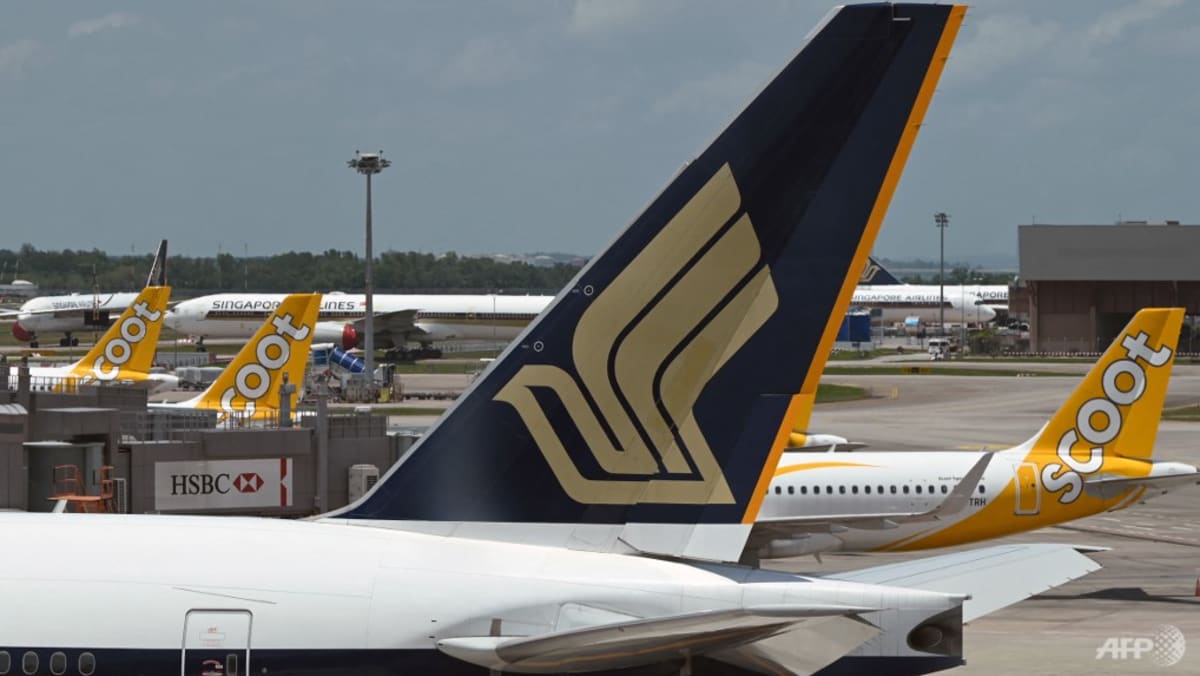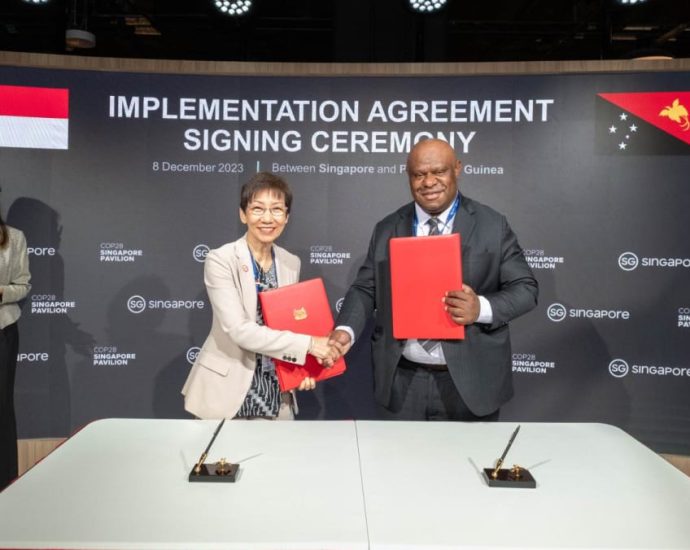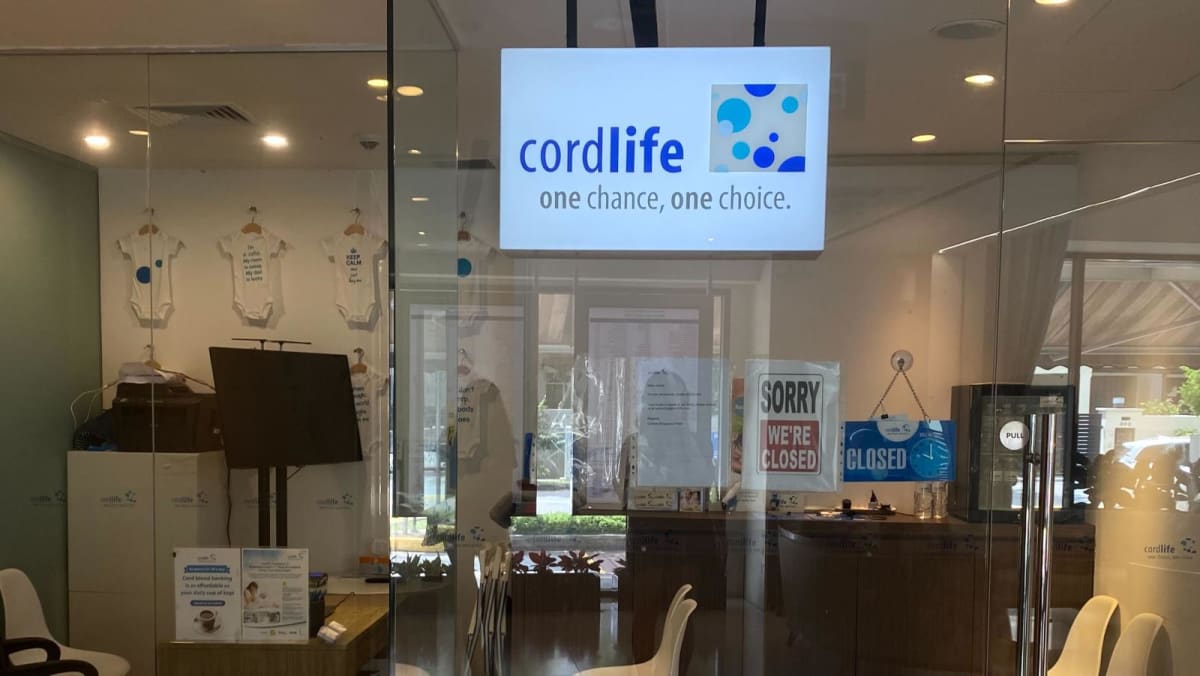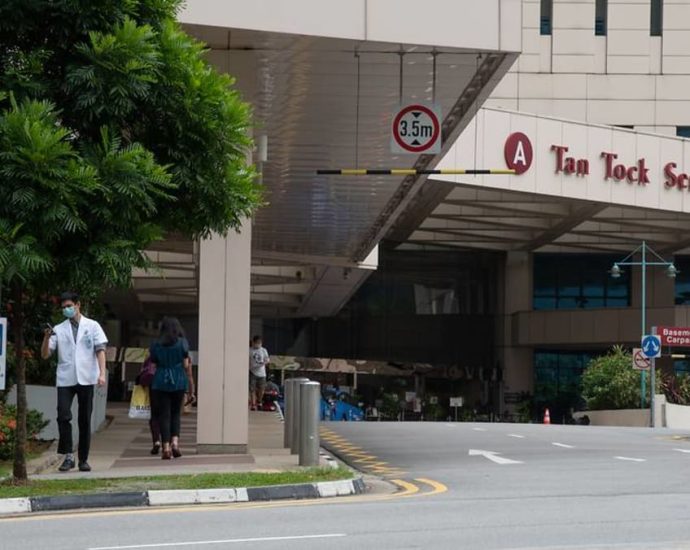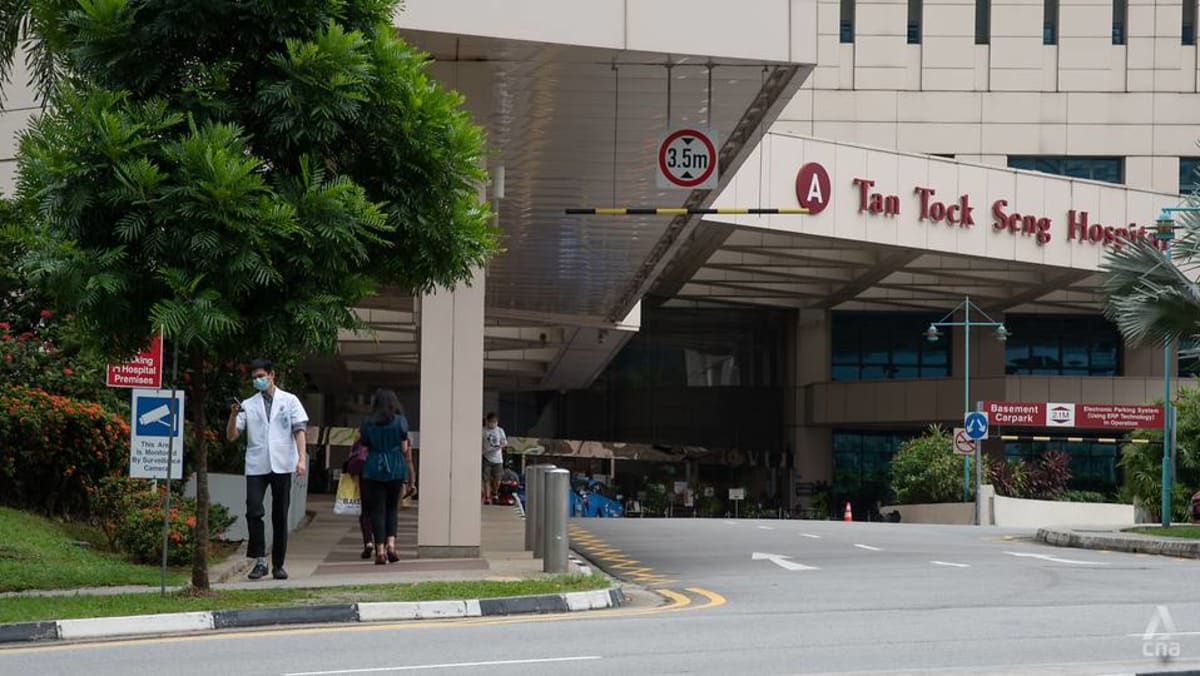Commentary: Amid ever-rising premiums, letâs make it easier for no-claim individuals to switch private health insurers
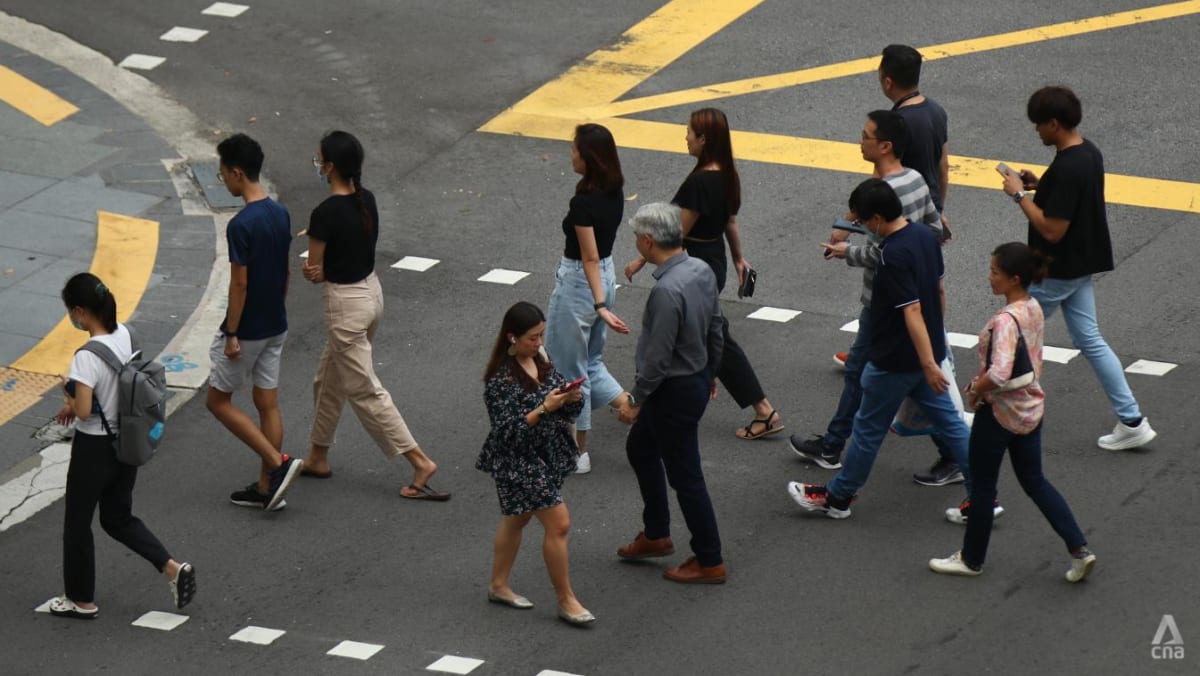
PORTABILITY FOR NO-CLAIM INDIVIDUALS
What can be done?
Part of the answer, as always, is government supervision and action.
In fact, the insurance business is regulated and there are rules governing what they can do and to make sure they are financially sustainable.
Recently, the authorities named the four largest insurers here – AIA Singapore, Income Insurance, Prudential Assurance and Great Eastern Life – as companies that are too big to fail and would hence be subjected to more rigorous standards of supervision.
Like large banks, these insurers present a systemic risk to the economy if any of them were to collapse.
This is a good move that should help ensure these companies are sound and financially secure, now that big brother is watching them more closely.
The safeguards are mainly to protect the health of these companies, but who is there to look after the interests of customers?
Caveat emptor or let the buyer beware?
This cannot be applied to health insurance for one important reason: MediSave funds are allowed to be used to pay for premiums of MediShield Life and Integrated Shield Plans.
As these are Government-mandated funds, the authorities have a responsibility to make sure they are used in a way that protects the public interest.
It means closer oversight of the premiums charged and what they cover.
The inability of customers to switch their plans to another company is a major issue. It penalises those stuck in companies that are not efficient or competitive leaving them with no recourse even if they are fit and healthy and have never made any claims.
What would happen if switching is allowed without losing coverage of pre-existing conditions?
This would be a godsend for customers but might be too much of a bitter pill for companies to swallow if they are suddenly deluged with high-risk cases.
It would be unfair to expect these companies to accept them without raising their premiums.
A better solution would be to allow portability for those who have not made any claims for a certain number of years.
This will lessen the risk for companies and encourage more people to stay healthy.
It is a more realistic and workable approach than the suggestion that has often been made to charge lower premiums for people who have not made any claims, as in the case of motor vehicle insurance.
The problem with this idea is that it will result in much higher premiums for those with medical problems.
Someone has to pay for the shortfall if premiums are lowered for the healthy and the burden will fall increasingly on the sick.
It is not right to inflict this penalty on people requiring medical treatment and those who suggest this should be careful what they wish for – you never know when you might require costly treatment.

